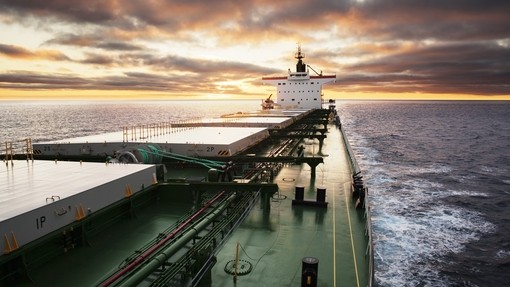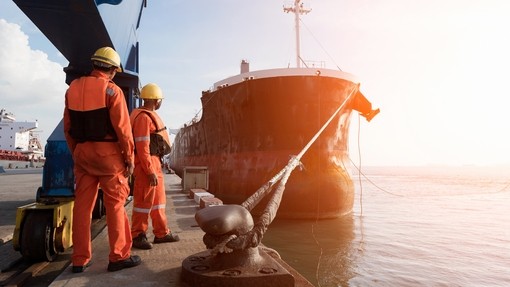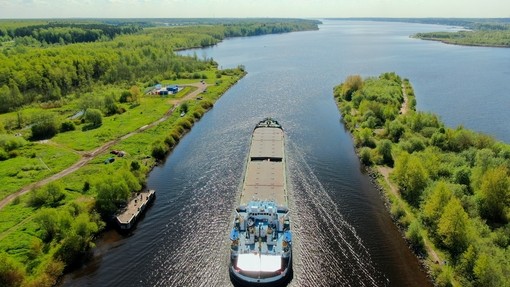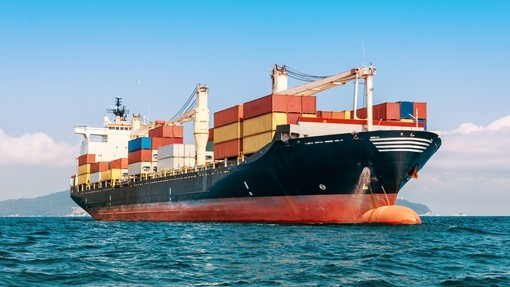The Owners of the Ship “AL Khattiya” -v- The Owners and/or Demise Charterers of the Ship “Jag Laadki” [2017] EWHC 3271 (Admlty)
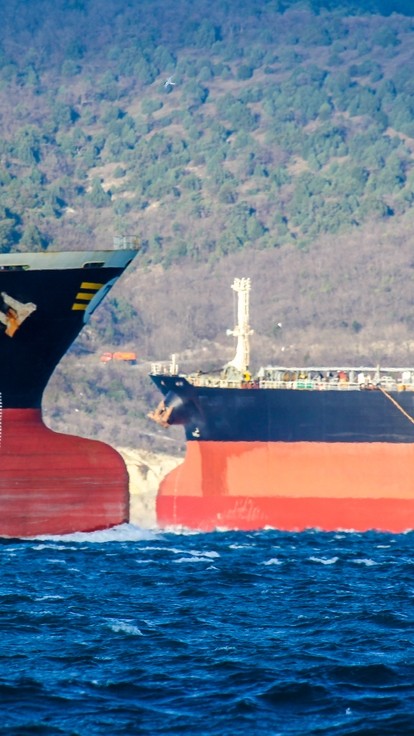
Details
Introduction
The collision of two ships triggered this High Court case that required Mr Justice Baker to consider whether certain information and documentation readily available to the claimants, were reasonably required by, and should be disclosed to, the defendants who were seeking to stay the proceedings on the basis that the UAE courts were the appropriate forum.
Factual background
In February 2017, the defendants’ oil tanker, the “JAG LAADKI”, crashed into the claimants’ LNG carrier, the “AL KHATTIYA”, at a Fujairah anchorage. Although the defendants accepted liability for the collision, a dispute arose as to quantum.
On the one hand, the ship-owners of the “AL KHATTIYA” commenced proceedings in this jurisdiction (the English High Court) and claimed approximately US $30 million for damage repairs, loss of use, loss of LNG heel, bunkers and superintendents’ costs. On the other hand, the defendants commenced proceedings in the UAE, seeking to establish that their liability is limited to US$14.7 million pursuant to the 1976 Limitation Convention. Accordingly, the defendants seek a stay of the claimants’ proceedings, contending that the UAE courts are the appropriate forum for the resolution of the substantive dispute.
The defendants’ stay application is due to be heard in February of this year. In the meantime, the defendants applied for early disclosure of certain information and/or documentation that they alleged were reasonably required to calculate the claimants’ asserted losses and for the fair disposal of their stay application.
Legal issues
Mr Justice Baker rejected the claimants’ argument that the provision of the material requested would be disproportionate and said that any confidentiality concerns would be outweighed by the injustice of requiring the defendants to pursue their stay application ‘with one hand tied behind their back’. The judge agreed with Mr Justice Silber’s approach in Vava -v- Anglo American South Africa Ltd [2012] EWHC 1969 (QB) and suggested that if the documents were necessary to ensure a fair resolution of the question as to forum they should be provided. However, it was recognised that it would be unusual to order the claimants to disclose information about their claim, prior even to any statements of case.
The court dismissed, as unhelpful and unjustified, the parties’ cross-allegations as to motives and focused on the matter at hand, namely whether the material sought by the defendants were reasonably required for a fair consideration of venue. Undoubtedly, the claimants’ blanket refusal to provide the defendants with supporting documentation regarding their claim meant that the defendants would be unable to scrutinise it in any detail. In fact, the only clarification provided by the claimants was that the loss of use referred to the alleged loss of hire under the long term time charter upon which “AL KHATTIYA” was employed at the time. The owners of the “AL KHATTIYA” declined to provide a copy of the charter party to the defendants.
Mr Justice Baker noted that the factors connecting the dispute to this jurisdiction (the English High Court) - or to connect it to any jurisdiction other than the UAE - were identified in detail in the witness statements already exchanged in the stay application and were thought to be plain and obvious. Therefore, he decided that the evidence sought by the defendants was not reasonably necessary for consideration of the stay application. The judge thought that the defendants could fairly contest jurisdiction without early disclosure of the material requested and went on to suggest that, if anything, the paucity of detailed information helped them in the stay application; since it meant they could not be criticised if their application was abstract. Accordingly, the majority of the defendants’ application failed.
However, there was a single aspect of their application that survived, namely, their order for inspection pursuant to CPR r.31.14 (1) (b). In particular, they sought an order for the disclosure of the 25-year long-term time charter the claimants referred to in their witness statements. The judge distinguished between a transaction and a document; and found that it was unlikely that a 25-year charter would not be a document, dismissing the contention that the witness evidence was only referring to a transaction as unrealistic. On that basis, he allowed inspection of the charterparty, granting protection under CPR r.31.22 (2) (that the disclosed document may be used only in the proceedings in which it is disclosed) and added that the claimants could not seriously pursue their claim for loss of hire without providing the charter to the defendants.
Comment
This case highlights that it is unusual to order claimants to provide early information or supporting documentation in respect of their claim. However, it also operates as a reminder that in certain circumstances, especially where the provision of the requested evidence is necessary to ensure a fair resolution of an application, or where disclosure will be inevitable in any event, early inspection may be permitted.
This article originally appeared in the January 2018 edition of shipping case digest. Other articles include:
Trafigura Beheer BV -v- Renbrandt Ltd [2017] EWHC 3100 (comm)



